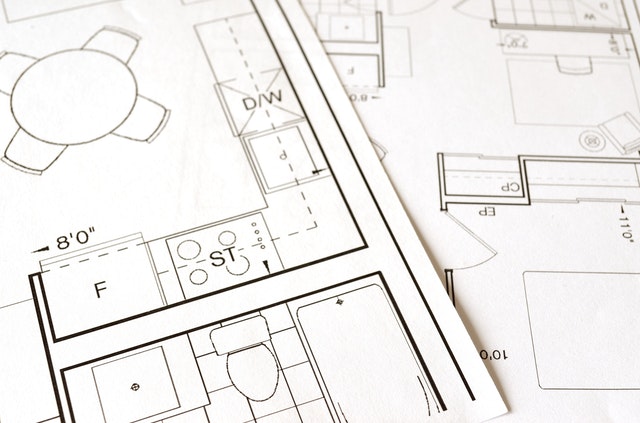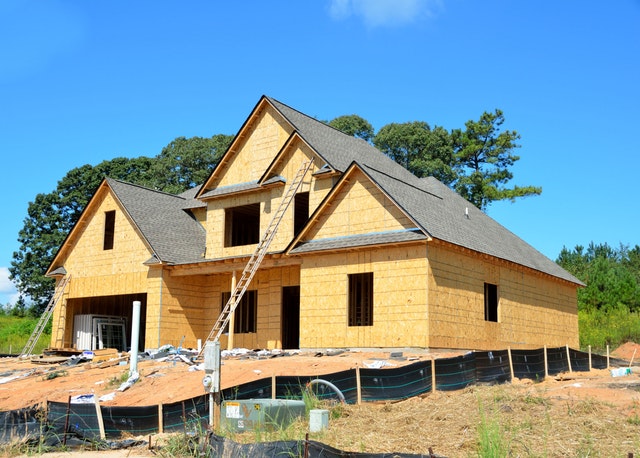 You have lots of choices when it comes to choosing a real estate agent. Aside from deciding if you’d prefer to work with a man or woman, and what age range you’d like them to be, here are some tips to help ensure that you pick one that is best suited for your needs.
You have lots of choices when it comes to choosing a real estate agent. Aside from deciding if you’d prefer to work with a man or woman, and what age range you’d like them to be, here are some tips to help ensure that you pick one that is best suited for your needs.
Signs In Their Bio
The first thing to do is read the bios of any real estate agents you’re considering. Bios tell a lot about an agent, including what certifications they hold and how long they’ve been an agent. Some bios even have some personal information such as charitable interests or a little about their family life. Look for signs that the agent’s interests and certifications align with your needs.
Relevant Experience
A lot of real estate agents specialize in a certain area such as short sales or helping first-time homebuyers. If your situation falls into a particular category, you could look for a real estate agent who caters to your particular needs. This can simplify the experience, since the real estate agent will have some expertise in navigating the details of the transaction. Look for relevant experience in their bio, or ask them personally.
Good Rapport
You’ll likely be working with your real estate agent for a long time. The relationship between you and your agent should be pleasant. Not only should you have a good rapport with your agent, but you should be able to feel like they understand the human aspect of what you’re trying to achieve with your home buying or selling. You can gauge the rapport with a prospective agent with a simple phone call or brief in-person interview before you hire them.
Presentation
Make sure that your real estate agent makes a good personal presentation. They should comport themselves in a professional manner and dress accordingly. Remember that your agent will be representing your home and your interests to others. You’ll get the best results when your agent professionally reflects your goals in the transaction.
Your partnership with a trusted real estate agent is an important part of a successful real estate experience and transaction. A number of real estate agents will be vying for your business. Use these tips to make sure that you choose the one who best matches up with your needs, personality and style.
 Savvy home buyers often get great deals on new home constructions by asking for deals and discounts and doing some up-front research.
Savvy home buyers often get great deals on new home constructions by asking for deals and discounts and doing some up-front research.  The Tax Cuts and Jobs Act of 2017 instituted some of the most dramatic changes to the financial landscape in the United States in over 30 years. These adjustments to the IRS code have an effect on everyone who earns and spends money in this country.
The Tax Cuts and Jobs Act of 2017 instituted some of the most dramatic changes to the financial landscape in the United States in over 30 years. These adjustments to the IRS code have an effect on everyone who earns and spends money in this country. With the right combination of strategy, knowledge, and luck, flipping houses can create big profits for short-term investors. However, your path to success starts at your first auction.
With the right combination of strategy, knowledge, and luck, flipping houses can create big profits for short-term investors. However, your path to success starts at your first auction. Home price growth continued to struggle in November, with Case-Shiller’s 20-City Home Price Index moving from October’s reading of 5.30 percent annual growth to 5.20 percent growth in November. This was the lowest reading since January 2015.
Home price growth continued to struggle in November, with Case-Shiller’s 20-City Home Price Index moving from October’s reading of 5.30 percent annual growth to 5.20 percent growth in November. This was the lowest reading since January 2015. These days, people want energy-efficient homes that look great. To answer the call of passionate environmentalists, developer are rising to the occasion and designing home features that minimize waste, save energy and reuse reclaimed materials. The results are gorgeous, green homes that help move the sustainable living trend forward.
These days, people want energy-efficient homes that look great. To answer the call of passionate environmentalists, developer are rising to the occasion and designing home features that minimize waste, save energy and reuse reclaimed materials. The results are gorgeous, green homes that help move the sustainable living trend forward. One thing to think about when purchasing a home or parcel of land is to have an updated land survey conducted. While property deeds generally include detailed information, many are outdated for a variety of reasons that include nature, weather conditions, and adjustments in floodplain maps among others.
One thing to think about when purchasing a home or parcel of land is to have an updated land survey conducted. While property deeds generally include detailed information, many are outdated for a variety of reasons that include nature, weather conditions, and adjustments in floodplain maps among others. A home is one of the biggest investments you can make, and the American Dream for many. Most people spend significant time finding or designing their “dream home.” The first decision is whether to buy or build.
A home is one of the biggest investments you can make, and the American Dream for many. Most people spend significant time finding or designing their “dream home.” The first decision is whether to buy or build.  A title search is an early warning system for buyers and lenders. It reveals flaws the owner must resolve prior to a closing or refinance request. This allows the owner to clear any issues on the title so that the process can move forward. Also, it protects the buyer or lender from assuming an obligation they aren’t responsible for.
A title search is an early warning system for buyers and lenders. It reveals flaws the owner must resolve prior to a closing or refinance request. This allows the owner to clear any issues on the title so that the process can move forward. Also, it protects the buyer or lender from assuming an obligation they aren’t responsible for.  Buying your home can be nerve-racking, especially if it’s the first time. The buying process is exciting and often complex. The chances of making a mistake are relatively high.
Buying your home can be nerve-racking, especially if it’s the first time. The buying process is exciting and often complex. The chances of making a mistake are relatively high.